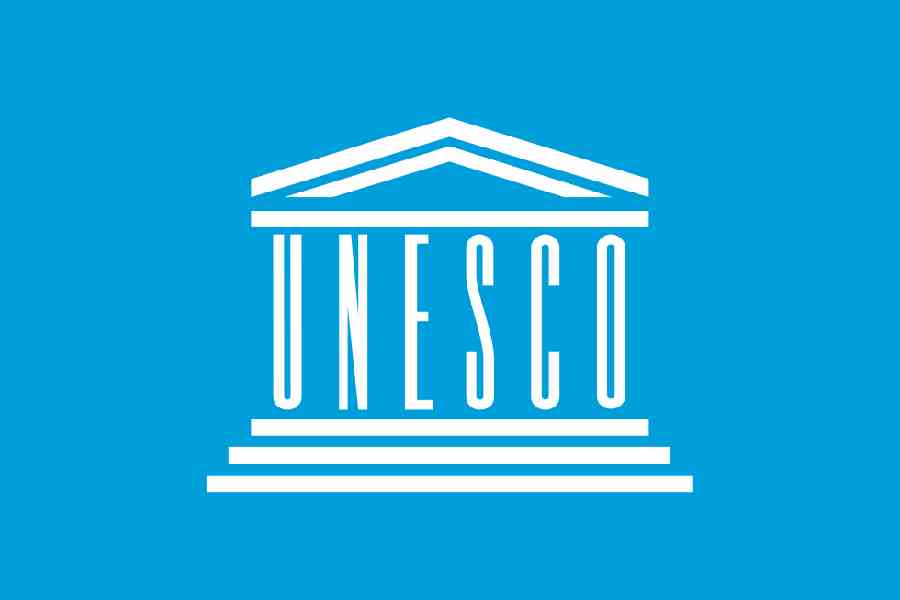An initiative to conserve the Lepcha language — Rongring, classified as “definitely endangered” by Unesco — has received recognition on a world stage.
The Kalimpong-based Rongring Lepcha Culture and Welfare Society (RLCWS) has been awarded the World Summit Awards 2023 by the Austria-based nonprofit International Center for New Media, which is co-funded by the European Union.
"The RLCWS has been declared a winner in the cultural and heritage category of the WSA awards.The award will be handed over during the WSA Global Congress that will be held in Chile from April 14 to 17,” said society president G. Namchu.
The WSA awards will be handed over in eight categories to five projects. The RLCWS’s initiatives apart, the other recipients under the culture and heritage category are projects from Australia, Portugal, Qatar and Slovakia.
During the award ceremony, RLCWS representatives will be provided a slot to talk about the project to an audience of more than 400 representatives from 182 countries.
The initiative to conserve the Lepcha language started when Unesco classified it as “definitely endangered” in 2020.
A “definitely endangered” language is one that the children no longer learn as a “mother tongue” at their home.
It is estimated that only about 30,000 Lepchas can speak Rongring. The Lepchas primarily reside in Darjeeling, Sikkim, and parts of Nepal and Bhutan.
"When I found out that Rongring was classified as definitely endangered in 2020, I decided to find out ways to conserve the language,” Gideon Taso Lepcha, an IT professional, had earlier told The Telegraph.
Following extensive research, Gideon found that major challenges to the language’s preservation included decentralised content in Rongring, and a lack of experts who knew the language and mode of transmission. “I found out that 95 per cent of Lepcha speakers lived in villages and 90 per cent of them did not know how to read and write. The language didn’t pass down generations because of that also,” said Gideon.
Gideon and three of his friends, Abel Rongong, a language expert, and Jongmit Lepcha and Martha Lepcha, both language teachers, devised a “Wangboo Framework” in 2020 to teach Rongring in a simplified, attractive and modern way. Wangboo means skilled in Rongring.
Within one-and-a-half years, 300 people from more than 12 countries like Japan, Canada, The Czech Republic and Italy joined their global online course.
"Those who joined our course were basically linguists, researchers, Lepcha enthusiasts and members of the community,” said Gideon.
The team also held eight webinars on varied issues like Lepcha calendar, music, culture, calligraphy, script and language.
More than 8,000 people attended them.
As the initiative grew, the youths decided to hand over the initiative to the Rongring Lepcha Culture and Welfare Society (RLCWS). The nonprofit formed in 2021 has members from different walks of life, including retired IAS and IFS officers.
The Rongring society has, over the years, forged strategic partnerships with Tokyo University in Japan and Toronto University in Canada.
On December 9, 2023, the RLCWS launched a mobile app called “Rongring” to further facilitate language learning. It has also developed a QR code to make pedagogy more precise. “One can scan the code to learn aspects like pronunciation and sentence framing,” said Gideon.
"The award has given us encouragement and more responsibility,” said Namchu.











